Advanced electromyography testing that pinpoints nerve and muscle problems so you can move forward with the right treatment.
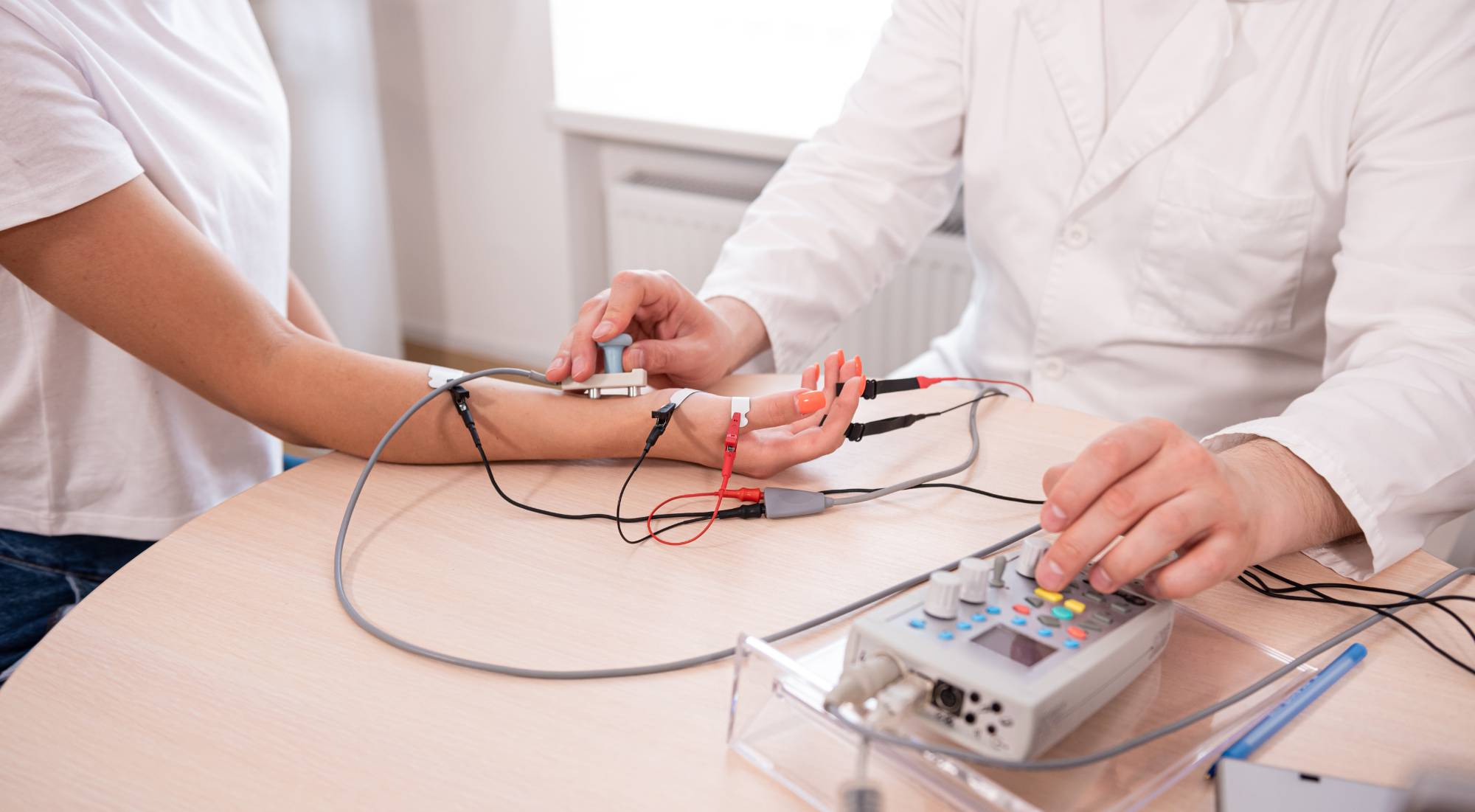
Reviews
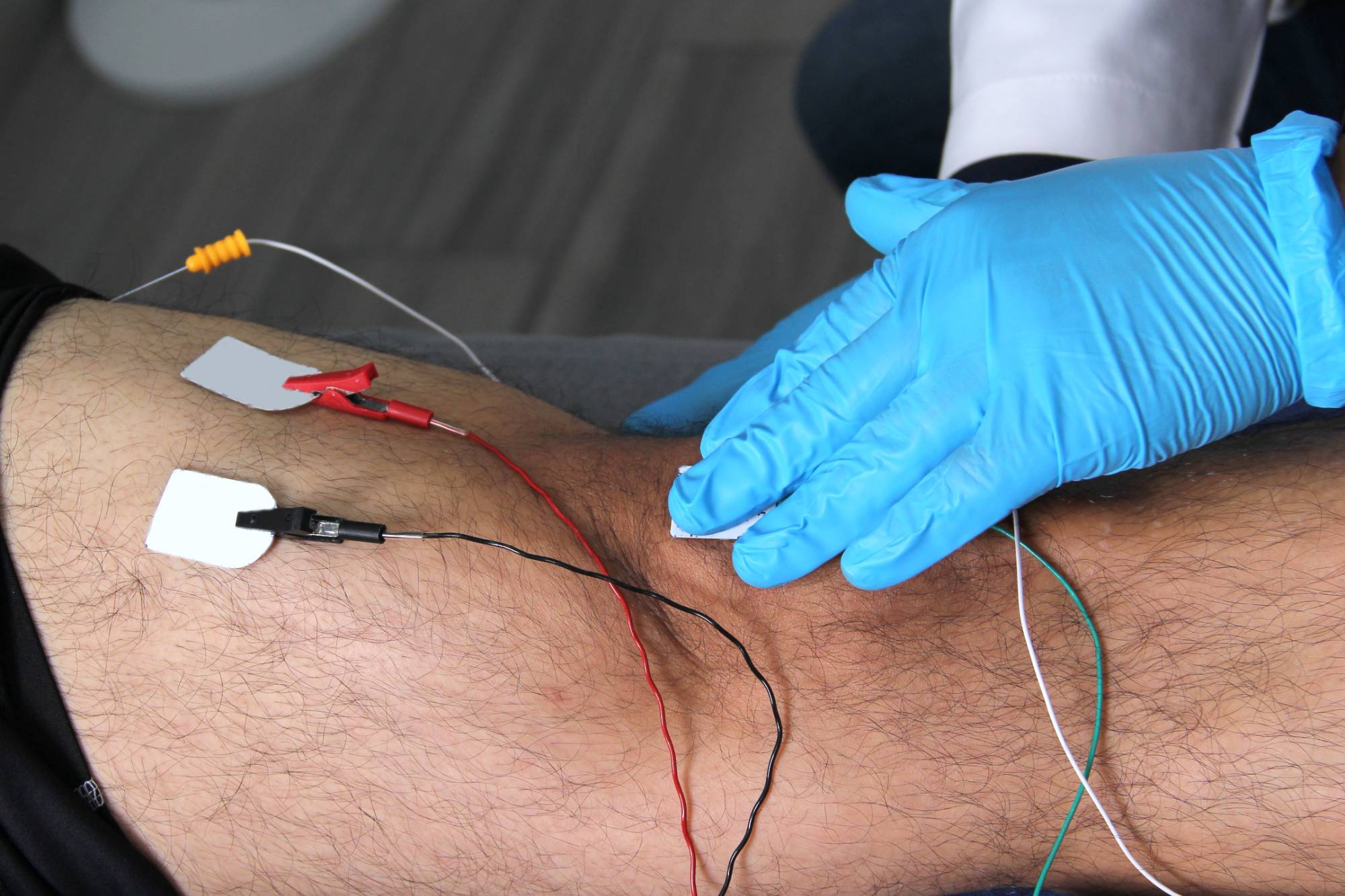
You’ve been dealing with numbness, tingling, or muscle weakness long enough. EMG testing gives you the diagnostic clarity you need to stop wondering and start treating the actual problem.
This isn’t about managing symptoms anymore. It’s about understanding exactly which nerves or muscles aren’t functioning properly so your doctor can create a treatment plan that actually works for your specific condition.
When you know what you’re dealing with, you can make informed decisions about your care. No more guessing. No more trying treatments that might not address the root cause.
We’ve been providing comprehensive diagnostic services to patients in Concord and throughout New York for years. We specialize in spine, nerve, and muscle conditions that affect your daily life.
Our team understands that getting an EMG test often comes after months of uncertainty about your symptoms. We use advanced electromyography equipment and have the experience to interpret results accurately.
You’re not just getting a test here. You’re getting answers from specialists who see these conditions every day and know how to guide you toward effective treatment.
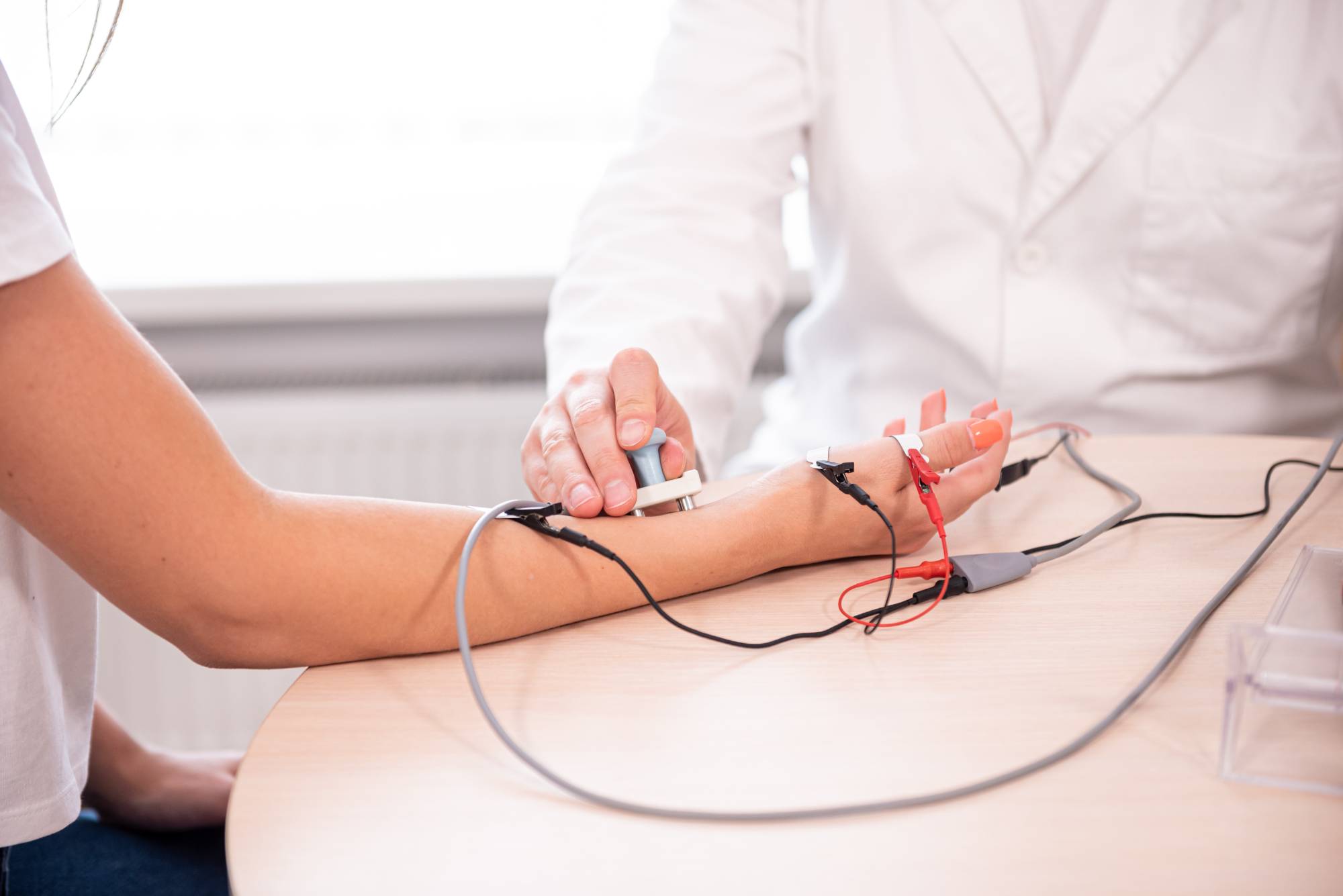
Your EMG testing appointment typically takes 30 to 60 minutes. We start with the nerve conduction study, where small electrodes are placed on your skin to measure how well electrical signals travel through your nerves.
Next comes the electromyography portion, where a thin needle electrode is inserted into specific muscles to record their electrical activity. Yes, there’s some discomfort, but most patients find it much more tolerable than they expected.
We explain what we’re seeing as we go, and you’ll get your results the same day. No waiting weeks to find out what the test showed. We review everything with you and coordinate with your referring physician to discuss next steps.
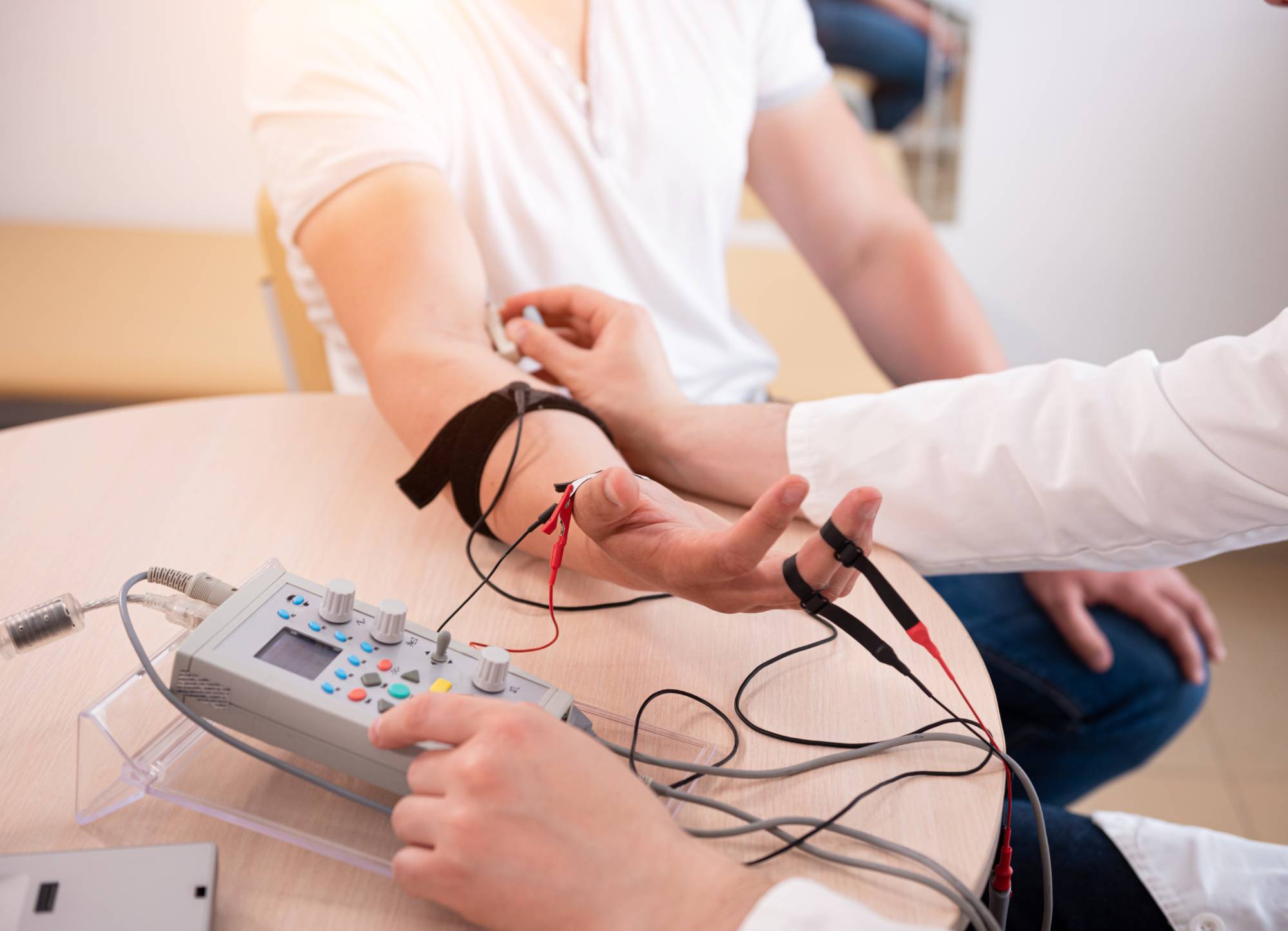
Ready to get started?
Your EMG testing includes both electromyography and nerve conduction studies in one appointment. We test the specific areas related to your symptoms, whether that’s your arms, legs, back, or neck.
You’ll receive a detailed report that clearly explains the findings in terms you can understand. We don’t just hand you technical results and send you on your way. We make sure you know what the test revealed about your condition.
We work directly with your referring physician to ensure your results are integrated into your overall care plan. This isn’t just a standalone test – it’s part of getting you the treatment that will actually help your specific situation.
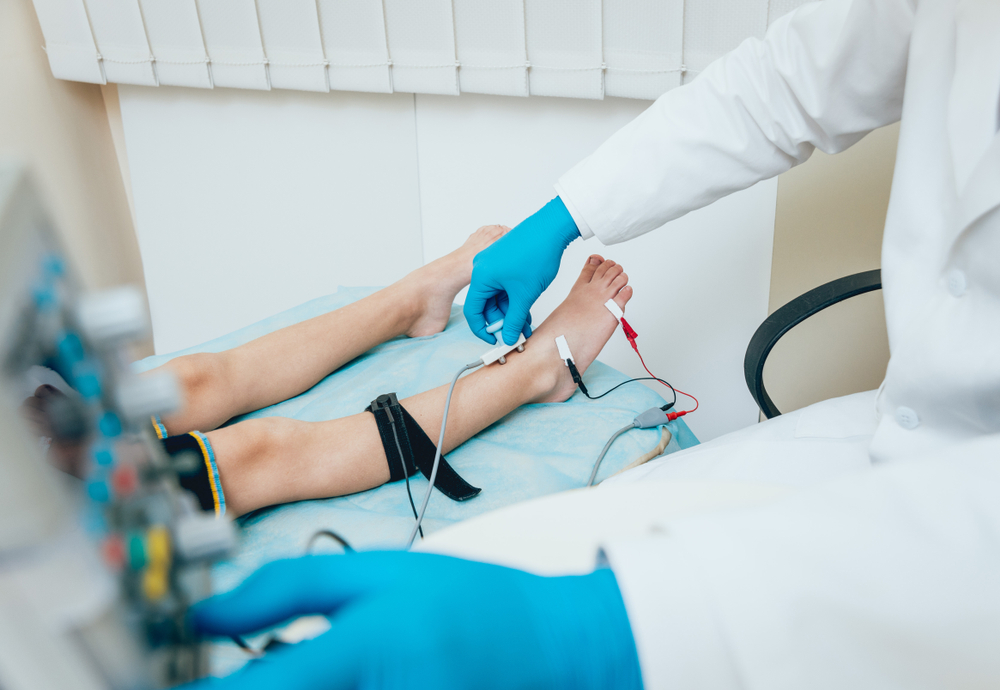
New York:
Florida:
Support